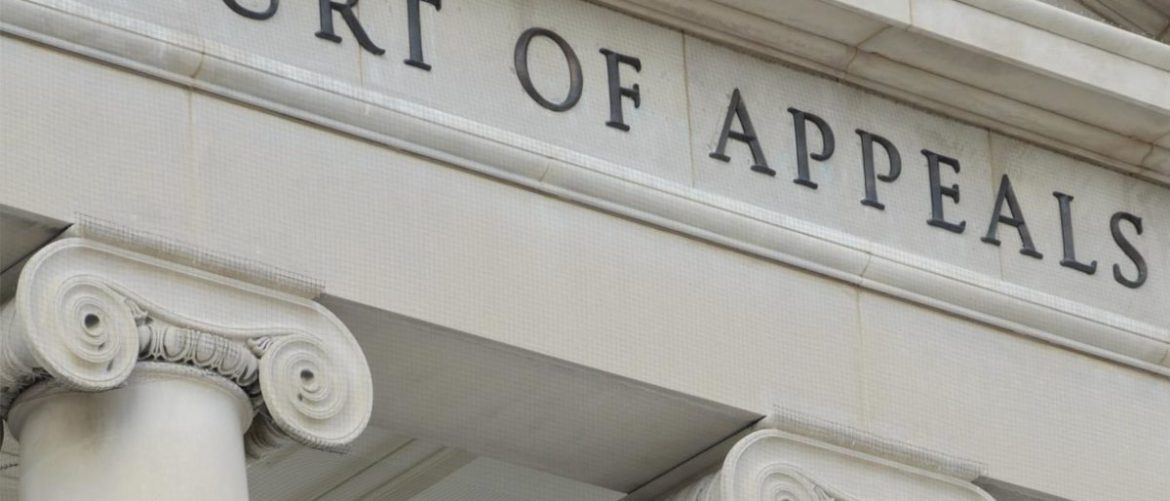Photo Credit: via globalnews
After being quashed in 2019, the Ford government’s appeal of the Student Choice Initiative is officially heard before the court
Chiara Greco, Editor-in-Chief
The Student Choice Initiative (SCI) was originally introduced back in 2019 by the Ford government and the Ontario Ministry of Colleges and Universities (MCU) as a means to reduce student fees deemed “non-essential” according to the provincial government’s standards. Though, in October of 2019, the York Federation of Students (YFS) and the Canadian Federation of Students—Ontario (CFS—O) brought this legal challenge before the Divisional Court, arguing that the SCI was an “unlawful” mandate that interfered with the internal affairs of student associations.
The Divisional Court’s initial ruling was in unanimous agreement with YFS and CFS—O, and as such, the SCI was struck down as “unlawful” in early November 2019. Following the ruling, in early December 2020, the provincial government filed for an appeal, and as of March 23, 2021, the SCI was brought back to court.
Originally, the SCI was described by the Ford government as a mandate that would allow students to opt-out of fees deemed non-essential or ancillary. This meant that students would be able to forgo paying certain fees. According to the government’s initial plan, this opt-out movement was meant as a means to help maintain affordability.
For students at the University of Toronto (U of T), the savings the SCI would have produced amount to approximately $60. While the SCI was only active for one semester, these savings ultimately put a wrench in the operations of student associations such as student unions, newspapers, services, and clubs. Again, the initial court ruling acknowledged this stating that the impugned directives of the SCI were “not authorized by law and [were] inconsistent with the autonomy granted to universities.”
On March 23 and 24, the appeal put forth by the MCU and provincial government was officially heard before the court. U of T, along with several other interveners, participated in the appeal hearing.
The other interveners who were granted to provide third-party opinions to the court and who are referred to as “friends of the court” include: B’nai Brith of the League for Human Rights, the University of Toronto Graduate Students’ Union, Start Proud and Guelph Queer Equality (collectively, the “LGBTQ+ Coalition”); the University of Ottawa, Queen’s University, the Governing Council of the University of Toronto, the University of Waterloo, and the University of Western Ontario (collectively, the “Universities”); the Association for Canadian Clinical Legal Education (ACCLE); and the Canadian Journalists for Free Expression, the Centre for Free Expression, the Canadian Association of Journalists, PEN Canada, World Press Freedom Canada, and the Canadian Association of University Teachers (collectively, the “Coalition”).
The Ford government’s appeal is arguing to reinstate the SCI under the guise that the SCI is something that would help students save money, despite the fact that the initiative has seemingly worked to defund student groups.
The appeal application also argued that the SCI does not interfere with the operations of student associations and that the government did not intend harm towards student associations. Of course, the government’s framing of the SCI will be under scrutiny from the YFS, CFS—O, and other student associations during the appeal hearings.
A coalition between U of T, Queen’s University, the University of Ottawa, the University of Waterloo, and the University of Western Ontario was also formed against the SCI. Representatives of the coalition spoke out in favour of the autonomy of universities and the benefits of student unions during the appeal.
During the hearing, the CFS—O and YFS argued against the reimplementation of the SCI on the basis that the initiative allows the Ford government to overstep and intervene with the authority of universities to determine how their own fees are spent. Direct information regarding this hearing is still forthcoming.
According to an article in The Queens Journal, CFS—O Executive Representative Kayla Weiler stated that “Student union fees have already been determined by democratic student referendum, and it’s not appropriate nor is it in the place for the Minster or the Premier to try to jump into those democratic processes.”
In conjunction with this, Weiler has also stated that “We’re really looking forward to seeing another legal win for students.” Weiler further mentions that “There’s 350,000 members of the federation in Ontario and there’s only one Doug Ford, so we have the numbers on our side when it comes to fighting back against these harmful policies.”
It is currently unclear what this appeal may mean for students and student groups as the story is still developing, but more information regarding the outcome of this appeal can be expected over the coming weeks and months.




